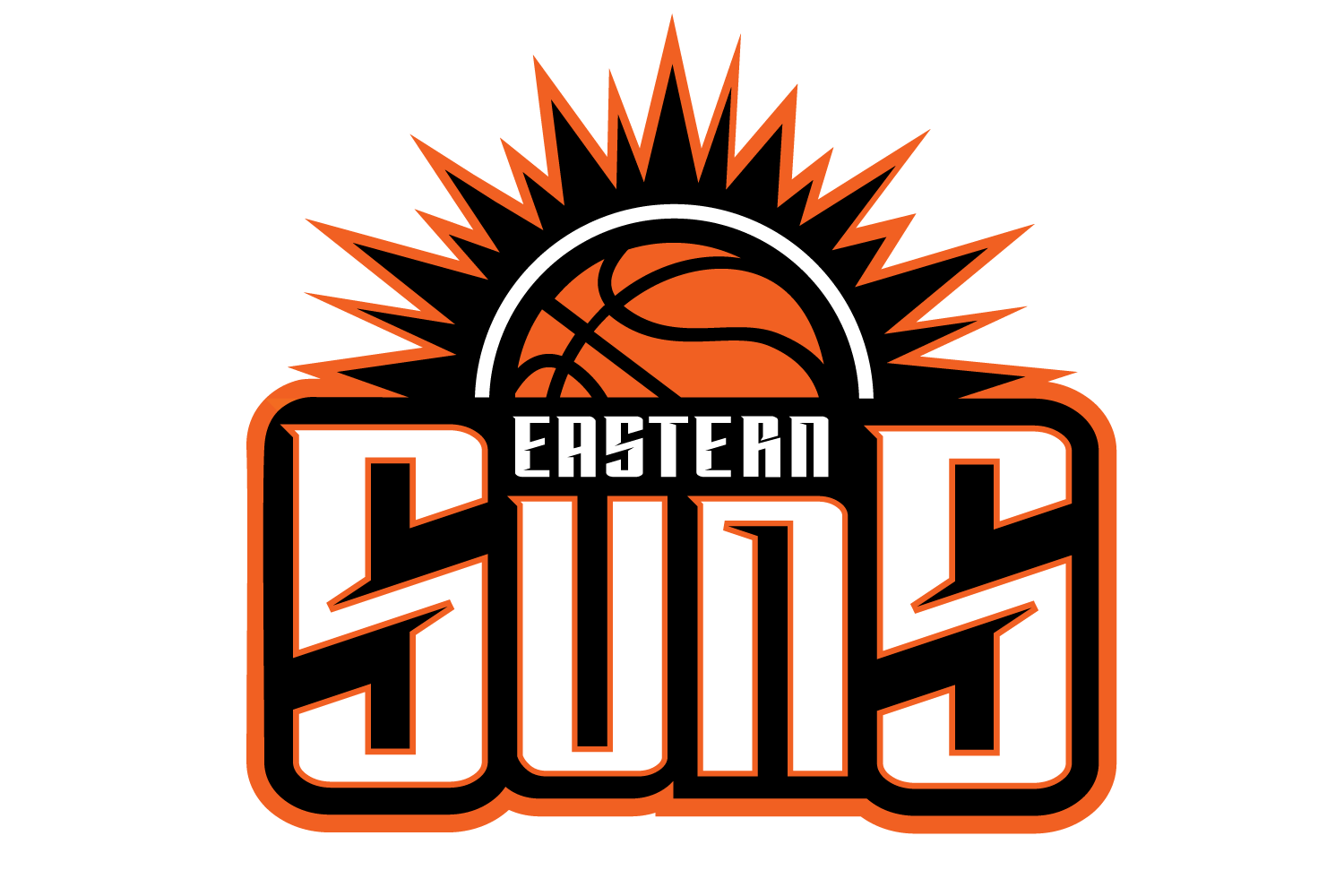REFEREES
Most sports have a referee or umpire whose role is to ensure that the game is played according to the rules. The role of the basketball referee is exactly this – to ensure the game is played safely and fairly.
The referee enforces the rules of the game and in a game will make hundreds of decisions – determining when a violation or foul occurs and then stopping the game to issue the correct penalty. Often the decision is “no call” because there was no violation or foul, but the referee must constantly watch the play.
Unlike players (who are likely to be substituted for rests during the game) the referees (there are two on the majority of games and three on higher-level games) are on-court the whole game and work together to do the best job the game. It’s not easy but it can be incredibly rewarding!
ROLES OF THE REFEREE
Before the start of the game, the referees check that the game is ready to go. This includes checking that:
-
- Both teams have completed the score-sheet and players are in the correct uniform;
- All equipment is ready (in some junior the height of the ring or size of the ball may need to be changed);
- Scorers (and if applicable statisticians) are present and ready.
Accordingly, referees are encouraged to get to the game at least 10 minutes before it is due to start.
During the game, the referee ensures that it is played according to the rules. This includes stopping play for time-outs or substitutions when requested by a coach. Often local competitions will vary timing rules etc (to best fit all the games that have to be played) and the referees need to check what specific rules are used.
At the conclusion of all games, the referee checks the score sheet and sign-offs that the game was completed. In many associations, a paper score sheet is no longer used and instead a tablet or computer is used for keeping score. However, it is done, the referee is responsible to check at the end of the game that the score has been recorded correctly.
WHY REFEREE?
There are lots of reasons why people get involved in refereeing. Some of the common reasons are:
-
- Participate in the sport and being part of the community;
- Improve their knowledge and understanding of the rules of basketball;
- Making friends;
- Earning “pocket money”, saving for a holiday etc
- Keep fit;
- Have fun!
Some referees are interested only in helping at their local association whilst others may aspire to state, national or international competition! The pathway exists so that everyone can participate to the level of their skill and interest.
REFEREE AT KDBA
KDBA is always on the lookout for enthusiastic, hard working people who are interested in becoming a referee, either as a casual at local level or looking for a pathway to becoming a high level referee with NBL1 and even NBL aspirations.
Contact us to find out more on how you can get started refereeing at KDBA.




